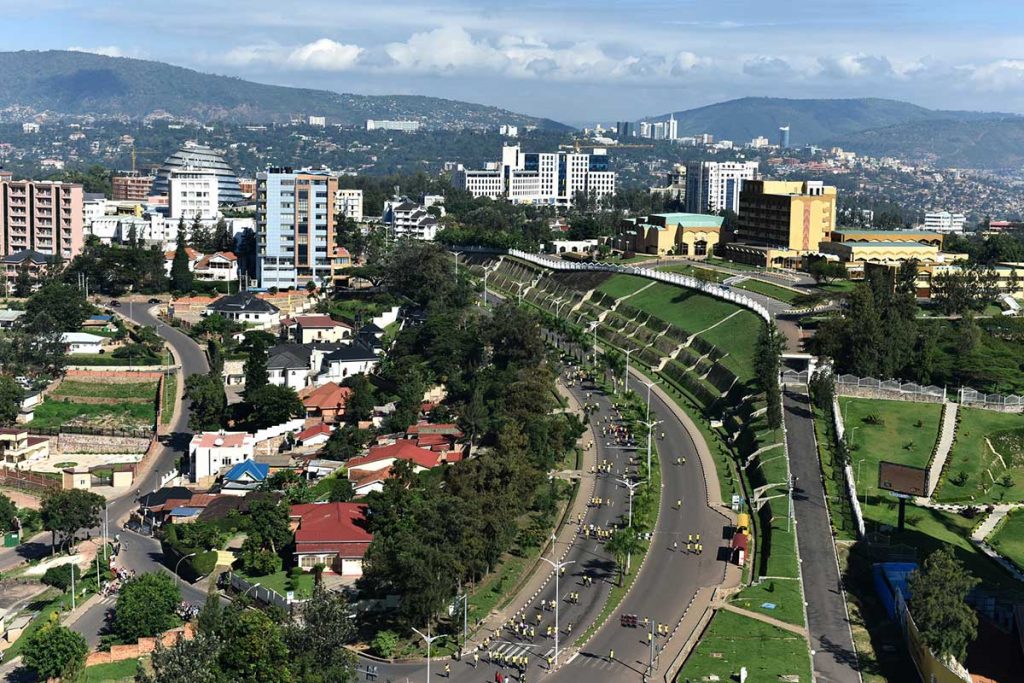- Home
- Switch to electric cars in Rwanda, how much are you saving?
Switch to electric cars in Rwanda, how much are you saving?
Electric vehicles (EVs) in Rwanda are gaining traction, supported by the government’s focus on sustainability and efforts to reduce greenhouse gas emissions. The country has shown a growing interest in renewable energy, particularly hydropower and solar, which could play a significant role in making EVs more viable in the future. However, the adoption of EVs faces challenges, such as high upfront costs, limited charging infrastructure, and the need for greater awareness. Cities like Kigali are beginning to develop EV-friendly infrastructure, but rural areas still lack sufficient charging stations, which limits long-distance travel. Despite these challenges, EVs offer potential savings on fuel costs and reduced maintenance, making them an attractive alternative as the technology improves and the charging network expands. Rwanda’s commitment to cleaner energy and environmental sustainability creates opportunities for EVs to reduce reliance on fossil fuels and contribute to emissions reduction. With continued investment in infrastructure and government incentives, EV adoption could become a key component of Rwanda’s sustainable transportation and energy security goals in the coming years.

| Aspect | Electric Vehicles (EVs) | Gasoline Vehicles |
|---|---|---|
| Energy Efficiency | Over 85% efficiency, meaning most energy is used for propulsion. | Lower efficiency due to heat loss in combustion. |
| Consumption (100 km) | 15 kWh (electricity) | 6 liters (gasoline) |
| Cost per 100 km | $1.77 (15 kWh × $0.118/kWh, Rwanda’s electricity price) | $7.20 (6 liters × $1.20/liter, estimated fuel cost) |
| Annual Cost (15,000 km) | $265.50 | $1,080.00 |
| Annual Cost (25,000 km) | $442.50 | $1,800.00 |
| Annual Cost (30,000 km) | $531.00 | $2,160.00 |
| Annual Cost (50,000 km) | $885.00 | $3,600.00 |
| Annual Cost (70,000 km) | $1,239.00 | $5,040.00 |
| Annual Savings (15,000 km) | $814.50 | – |
| Annual Savings (25,000 km) | $1,357.50 | – |
| Annual Savings (30,000 km) | $1,629.00 | – |
| Annual Savings (50,000 km) | $2,715.00 | – |
| Annual Savings (70,000 km) | $3,801.00 | – |
| Maintenance Costs | Lower: No oil changes, timing belts, or exhaust systems. | Higher: Requires regular oil changes and more mechanical upkeep. |
| CO₂ Emissions | Low emissions potential, depending on Rwanda’s renewable energy mix. | High emissions due to combustion of fossil fuels. |
| Government Incentives | Potential for future incentives as the government develops policies for EV adoption. | No special incentives. |
| Infrastructure Growth | Developing charging networks, particularly in Kigali; rural areas still underdeveloped. | Well-established fuel station network. |
| Energy Security | Reduces dependence on imported fossil fuels if electricity is sourced from renewables. | Dependent on global oil markets and price fluctuations. |
| Technology Evolution | Battery lifespan improving, with expected cost reductions. | Limited innovation in fuel efficiency, with stricter regulations on emissions. |
| Long-Term Viability | Key to Rwanda’s sustainable transportation future, especially with renewable energy. | Facing increasing environmental and regulatory constraints. |

